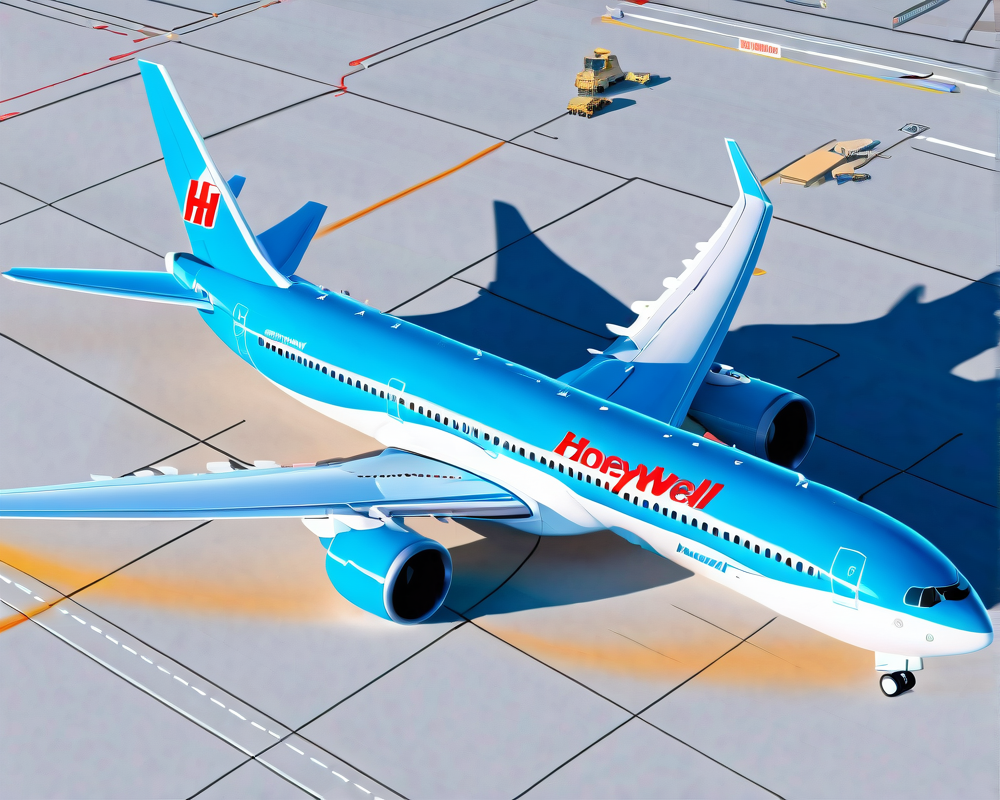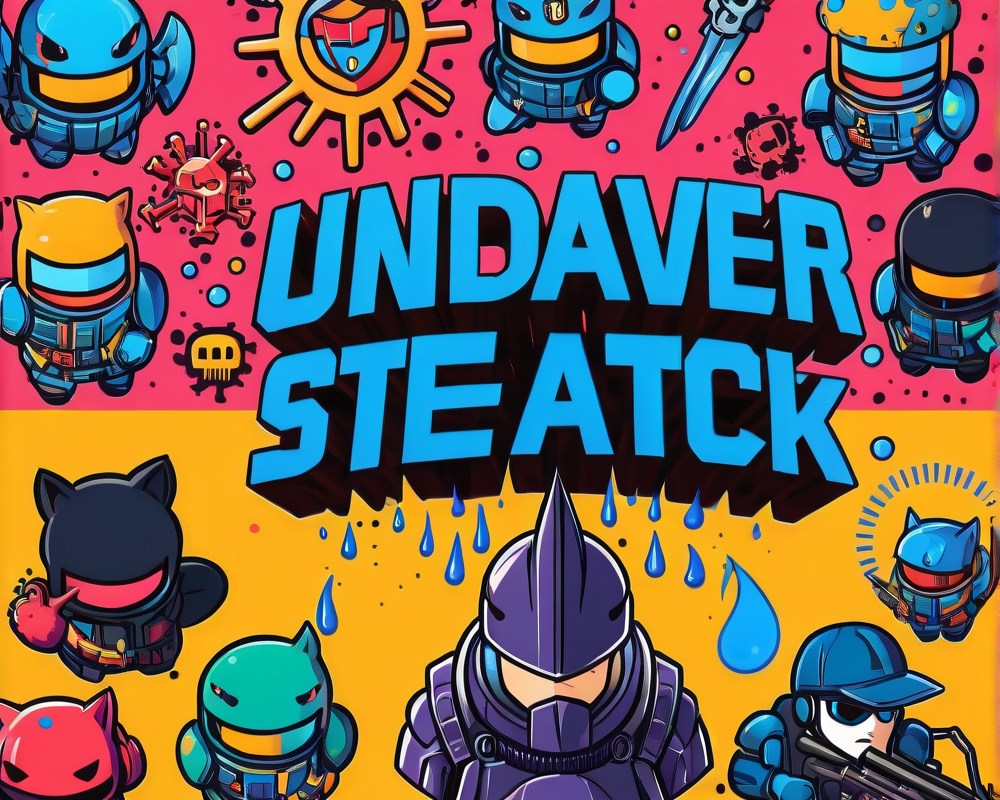The Airplane Parts Market Goes Digital
Boeing’s recent partnership with Honeywell marks a significant shift in how the aerospace industry approaches excess airplane parts trading. By leveraging Honeywell’s GoDirect platform, the duo is setting the stage to track and sell a staggering $1 billion worth of surplus aviation parts, all through blockchain technology.
A Historic Reveal at the Hyperledger Global Forum
This groundbreaking alliance was unveiled at the Hyperledger Global Forum 2020 in Arizona. As Lisa Butters, Honeywell’s General Manager, shared the news, she revealed that a wealth of airplane parts had already been uploaded to the GoDirect Trade marketplace just the weekend before. Talk about timely delivery!
From Paper Trails to Digital Windows
Traditionally, the aviation parts industry has been bound by the cumbersome process of managing paper documents—think countless certificates tied to individual parts, their original manufacturers, and their safety statuses. Unfortunately, this paper chase has often thwarted online market development, largely due to forgery fears. But not anymore! GoDirect Trade aims to break down these barriers, with Butters estimating a mere 3% of the $14 billion market currently operates online. It’s time to change that statistic.
Benefits of Blockchain: Authenticity Assurance
Aviation parts often change hands multiple times before facing retirement, with an average of four sales before decommissioning. This is where blockchain steps in, revolutionizing how authenticity is certified. The distributed technology encapsulated in blockchain allows for a transparent and secure way to verify documentation, eliminating concerns over counterfeit parts and ensuring buyers get what they pay for.
Permissioned vs. Open Blockchains: The Key to Enterprise Success
Honeywell’s GoDirect utilizes a tailored version of Hyperledger Fabric’s open-source code, launching less than two years ago. Butters proudly noted that in its inaugural year, GoDirect Trade facilitated $7 million in sales—a number they expect to triple by year’s end. With around 6,500 registered users representing 2,400 companies, the platform is proving its worth.
When questioned about using permission-ledgers like Hyperledger Fabric, Butters didn’t hold back: “If anyone argues that this is a permission-based network that is supposed to be decentralized, they are killing the dream of enterprise blockchain before it starts.” In her eyes, having boundaries is essential for the participation of Fortune 500 companies.
Emerging Competitors: The Baseline Protocol
Meanwhile, the blockchain scene is heating up! Recently, Ernst & Young, Microsoft, and ConsenSys announced the introduction of their open-source Baseline protocol. This exciting new platform, featuring a smart contract and tokenization framework on the Ethereum blockchain, is tailored for enterprise use. The code is currently in the hands of select developers, with a public launch anticipated soon.
Conclusion: A New Era for Aviation Parts
With Boeing and Honeywell leading the charge in digitizing the aviation parts industry through blockchain, the future looks promising. Authenticity, efficiency, and a shift towards digital commerce could very well reshape how aircraft parts are traded worldwide.




